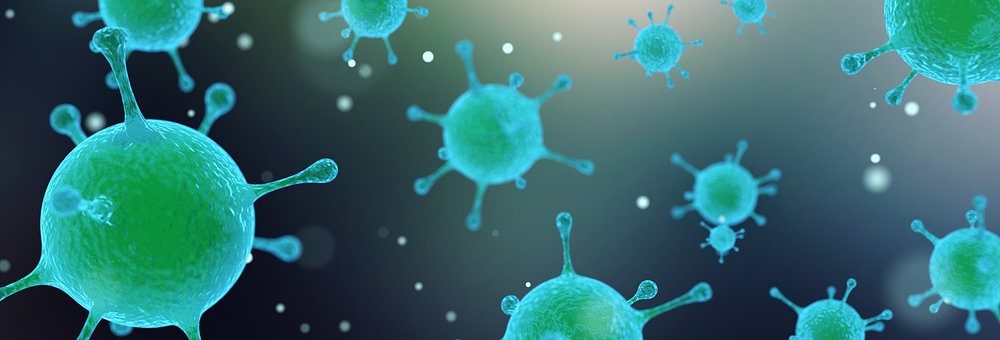Eat, drink and be merry! Sounds good, and it probably is – until something starts to go wrong. Call it a gut feeling. Literally.
The gut, or gastrointestinal (GI) tract, is a miracle of nature. You probably take it for granted most of the time, but it’s the superhighway of the digestive system.
The food you eat travels this highway. It starts its journey in the mouth, moves down the oesophagus, enters the stomach, and passes through the small and large intestine.
The GI tract is far more than a transport corridor, though. Complex digestive processes are happening along its whole length.
Mechanical processes
Your teeth begin the work, physically cutting and grinding the food and breaking it down so the chemical enzymes can get to work. After you’ve swallowed, waves of muscular contractions in the oesophagus, stomach and intestines push food down through the gut in a squeezing motion called peristalsis.
Chemical digestion
Even before you’ve taken a mouthful, the sight and the smell of food have stimulated saliva and stomach enzymes that are so important to digestion.
After the food is ingested, saliva in the mouth lubricates it and starts to break down starches. In the stomach, acids, enzymes and hormones do their work.
Bile secreted from the gall bladder helps digest fatty foods, and compounds from the pancreas perform their chemical functions in the small intestine.
These and many other chemical elements collaborate at various points along the journey. In a process called metabolism, they convert food into energy to fuel every cell of the body.
But there’s more…
The role of the nervous system
Your nervous system is the basically the driver, controlling the mechanical and chemical functions of the digestive process, all along the GI tract. That’s why it’s important to avoid stress, which affects the nerves and, as a result, your digestive processes.
The gut microbiome
The lining of the gut is a sensitive and complex system, inhabited by trillions of microorganisms. A range of fungi, bacteria, viruses, and parasites make up your gut microbiome, or microflora. It is a responsive and changing environment – a miniature ecosystem inside your body.
As well as having a role in digestion, this community of microbes is crucial to your health and wellbeing.
The type and number of bacteria are particularly important. Imbalances can cause problems in the digestive system. Small Intestinal Bacterial Overgrowth (SIBO), for example, is a typical and increasingly common condition, which can lead to a range of symptoms, including abdominal pain, flatulence, bloating, reflux, nausea, constipation or diarrhoea.
Your gut microbiome is crucial to the processing and absorption of nutrients, and your body’s ability to access vitamins and minerals.
Listen to your gut!
It’s a microenvironment you need to protect.
If you have concerns or symptoms, it’s important to seek professional advice. Make an appointment to see your medical practitioner or nutritionist, to discuss the best strategies for maintaining the health of your gut.



